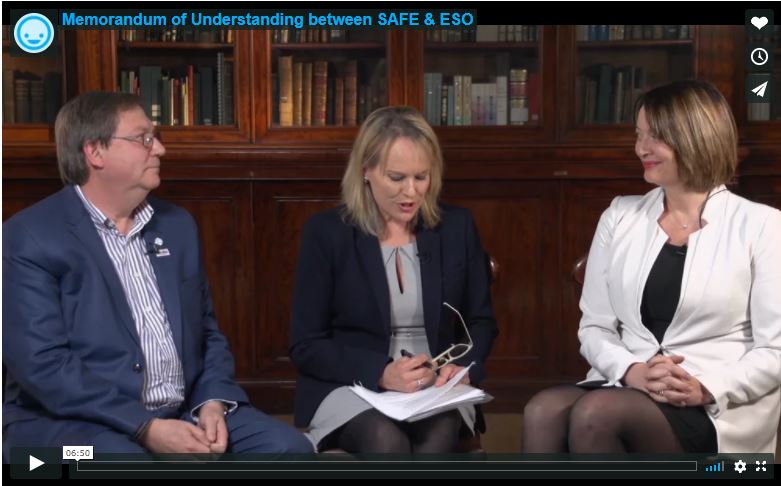
Sep 2, 2017
New analysis shows that in a high-risk population, achieving ultra-low LDL cholesterol levels, down to <10 mg/dL, safely results in additional lowering of risk of cardiovascular events.
A newer class of cholesterol lowering drugs known as PCSK9 inhibitors has emerged as an effective treatment for drastically lowering LDL cholesterol beyond current treatment targets. Earlier this year, results from a clinical trial led by investigators at Brigham and Women’s Hospital found that the PCSK9 inhibitor evolocumab, when added to statin therapy, resulted in a significant reduction in the risk for cardiovascular events and was safe. (more…)

Aug 30, 2017
Anticoagulants are recommended for atrial fibrillation due to the high risk of stroke. However, bleeding complications can occur as a side effect. Researchers in Japan examined several types of anticoagulants and found that the rates of thrombus formation are different according to the type of drug. This difference may be related to the risk of side effects, especially intracranial bleeding.
Atrial fibrillation is an arrhythmia signified by rapid and irregular beating of the upper chambers of the heart (atria). Anticoagulant therapy is recommended for atrial fibrillation because thrombi formed by stagnated blood in the atrium can cause stroke. In addition to the conventional anticoagulant warfarin, direct oral anticoagulants (DOACs) have become widely used. DOACs can selectively inhibit coagulation factors, whereas warfarin cannot. (more…)

Aug 30, 2017
Closure of the left atrial appendage during heart surgery protects the brain, according to late-breaking research presented in a Hot Line LBCT Session at ESC Congress. The results suggest that closure should be routinely added to open heart surgery.
“This is the first randomised study to show that closure of the left atrial appendage during open heart surgery effectively protects against brain infarctions and stroke,” said Assoc Prof Helena Domínguez, the cardiologist who designed the study. (more…)

Aug 30, 2017
New research presented at ESC Congress today shows, for the first time, that blood pressure control is pivotal in reducing major bleeding and stroke risk in patients with atrial fibrillation (AF).
The range of variability in a patient’s systolic blood pressure (SBP) from visit to visit was strongly associated with their risk of adverse outcomes, reported Dr Marco Proietti, MD, from the Institute of Cardiovascular Sciences, University of Birmingham.
“Our findings suggest that consistency in blood pressure control, beyond the single measurement, is very important, and this appears to be the case across all types of AF patients, irrespective of age, blood pressure history, blood pressure level or clotting risk,” said Dr. Proietti. (more…)

Aug 25, 2017
Stroke Alliance for Europe (SAFE) and European Stroke Organisation (ESO) signed the Memorandum of Understanding in Prague this spring, at the first day of the ESOC 2017.
In this video of Prof. Valeria Caso and Jon Barrick (SAFE) are being interviewed about the decision their organisations have made and how it will affect the future of stroke prevention, treatment and care in Europe.

Aug 20, 2017
Research led by the head of the Barrow Neurological Institute and published in the July 20, 2017 issue of The New England Journal of Medicine reveals that subarachnoid hemorrhages, which are caused by ruptured brain aneurysms, account for 5-10 percent of all strokes and are best managed by experienced and dedicated experts at high-volume centers with neurosurgeons, endovascular surgeons and stroke neurologists.
The article was co-authored by Barrow President and CEO Michael T. Lawton, M.D. and G. Edward Vates, M.D., Ph.D, of the University of Rochester Medical Center’s Department of Neurosurgery. “Subarachnoid hemorrhage victims tend to be younger than typical stroke victims, and they risk a greater loss of productive life,” Dr. Lawton said. “It is critical that they receive the best treatment for aneurysms — like the multidisciplinary team approach and state-of-the-art therapy like that offered at Barrow.” (more…)






